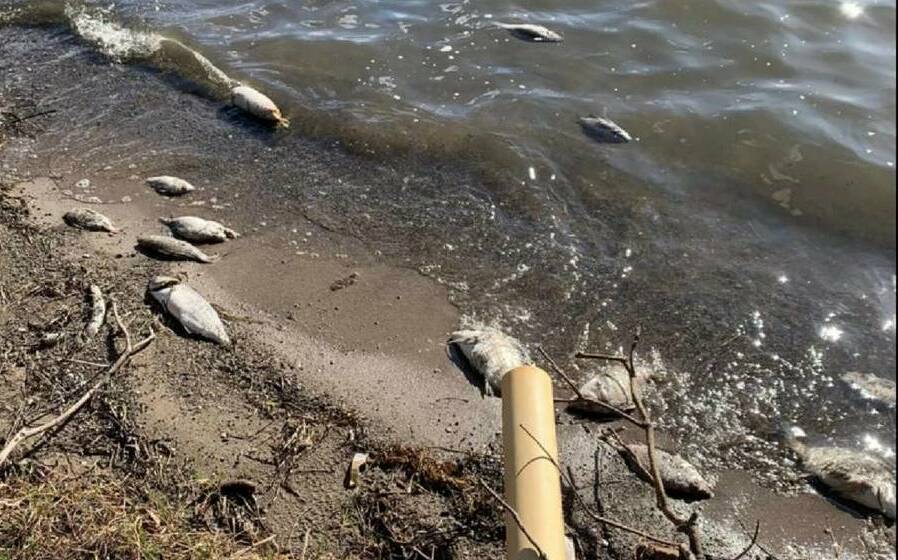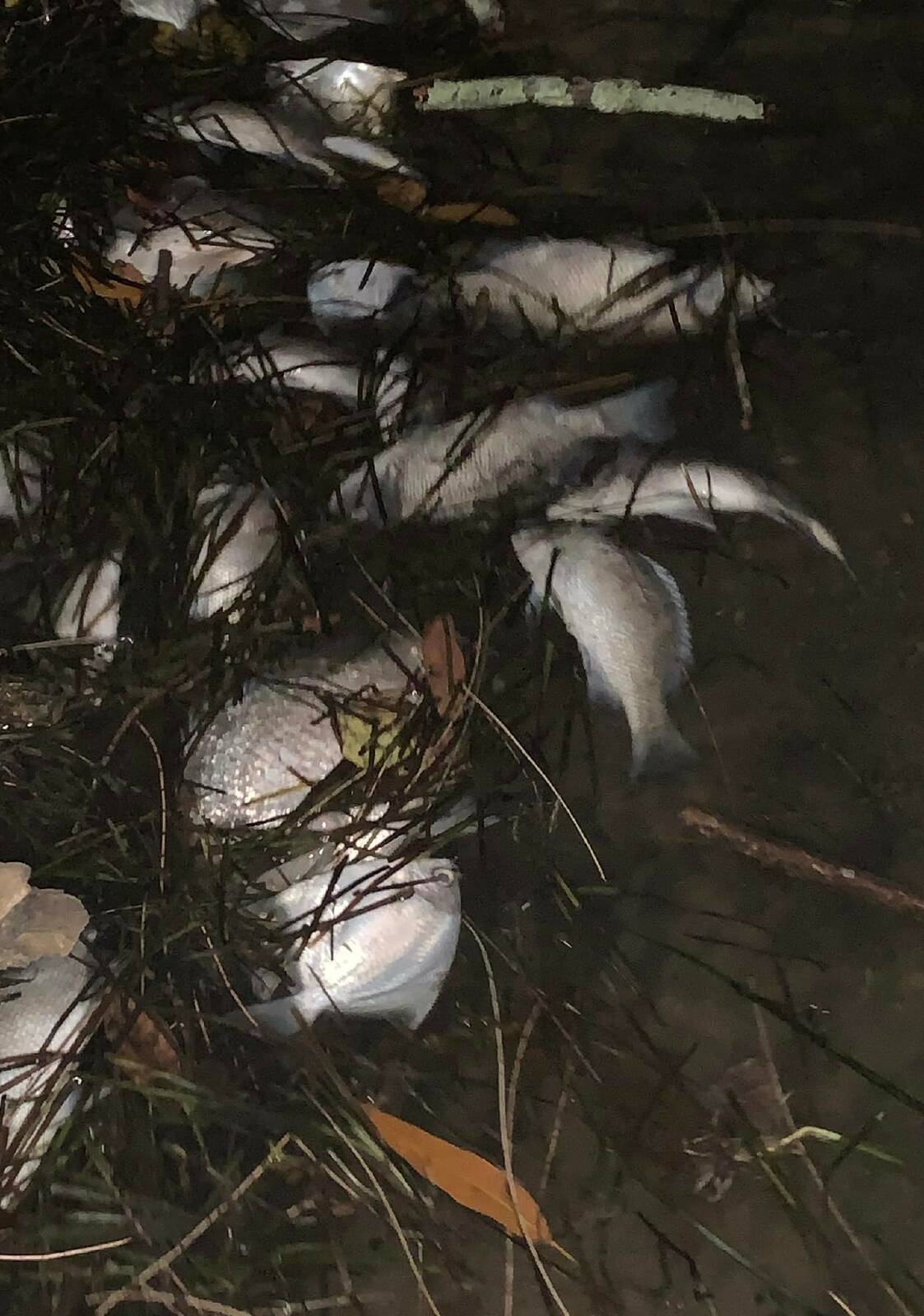
Initial water results from a fish kill that occurred at Lake Macquarie earlier this month indicate metals were unlikely to be the cause of the fish deaths, with only low levels detected.
Officers observed hundreds of dead fish of various species and sizes with greying around the gills, which suggested possible oxygen depletion. A decrease in oxygen content in water is a natural event that can cause rapid fish deaths.
The Department of Planning and Environment labs tested for a full suite of metals and found levels below the Australian Water Quality Guidelines for marine water.


Preliminary water results for pesticides were also measured at below the laboratory limit.
Levels of pH and electrical conductivity are within normal ranges for a saline lake.
Full pesticide, water results and tests on the fish are expected by next week.
Locals hope the final test results will give clarity to the how the fish died.
Black water events, such as those that occurred in Newcastle's Throsby Creek earlier this year and in the Hunter River at Easter 2021, occurred due to a combination of warm weather, a sudden influx of fresh water and the presence of large quantities of dead and decaying vegetation.
None of those factors appeared to be at play in the lake at the time of the fish kill.
Delta Electricity, which operates Vales Point Power Station said there had not been any abnormal operations at the plant to suggest it may have contributed to the incident.
The company has offered its assistance to the EPA investigation.
Jason Nunn, from Fisherman's Warehouse at Marks Point, said the episode was incredibly disturbing given the good health of the lake in recent years.
"There's a few things here that just don't add up; it's certainly not clear cut," he said.
Central Coast Council has removed the dead fish and disposed of them at a landfill suitable for dead fish.
The investigation remains ongoing. If the community has any further information that may assist with the EPA's investigation, please call 131 555.







